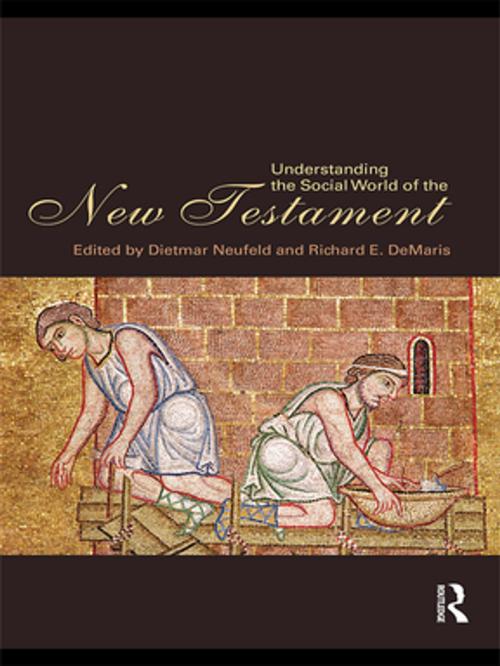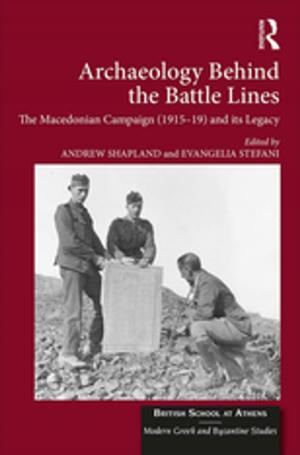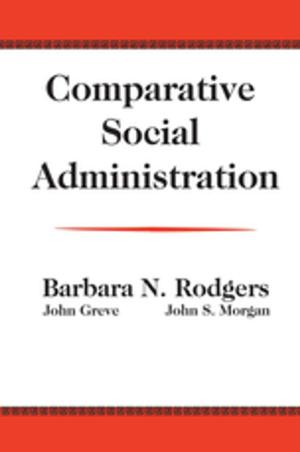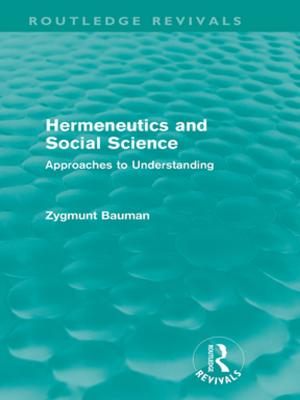Understanding the Social World of the New Testament
Nonfiction, Religion & Spirituality, Bible & Bible Studies, Criticism & Interpretation| Author: | Dietmar Neufeld, Richard E. DeMaris | ISBN: | 9781135263003 |
| Publisher: | Taylor and Francis | Publication: | October 29, 2009 |
| Imprint: | Routledge | Language: | English |
| Author: | Dietmar Neufeld, Richard E. DeMaris |
| ISBN: | 9781135263003 |
| Publisher: | Taylor and Francis |
| Publication: | October 29, 2009 |
| Imprint: | Routledge |
| Language: | English |
The New Testament is a book of great significance in Western culture yet is often inaccessible to students because the modern world differs so significantly from the ancient Mediterranean one in which it was written. It is imperative to develop a cross-cultural understanding of the values of the ancient Mediterranean society from which the New Testament arose in order to fully appreciate the documents and the communities that they represent.
Dietmar Neufeld and Richard E. DeMaris bring together biblical scholars with expertise in the social sciences to develop interpretative models for understanding such values as collectivism, kinship, memory, ethnicity, and honour, and to demonstrate how to apply these models to the New Testament texts. Kinship is illuminated by analysis of the Holy Family as well as to early Christian organisations; gender through a study of Paul’s view of women; and landscape and spatiality through a discussion of Jesus of Nazareth. This book is the ideal companion to study of the New Testament.
The New Testament is a book of great significance in Western culture yet is often inaccessible to students because the modern world differs so significantly from the ancient Mediterranean one in which it was written. It is imperative to develop a cross-cultural understanding of the values of the ancient Mediterranean society from which the New Testament arose in order to fully appreciate the documents and the communities that they represent.
Dietmar Neufeld and Richard E. DeMaris bring together biblical scholars with expertise in the social sciences to develop interpretative models for understanding such values as collectivism, kinship, memory, ethnicity, and honour, and to demonstrate how to apply these models to the New Testament texts. Kinship is illuminated by analysis of the Holy Family as well as to early Christian organisations; gender through a study of Paul’s view of women; and landscape and spatiality through a discussion of Jesus of Nazareth. This book is the ideal companion to study of the New Testament.















